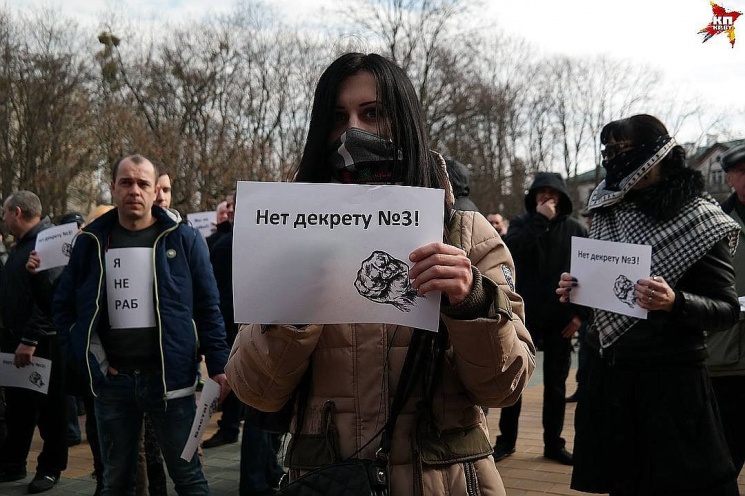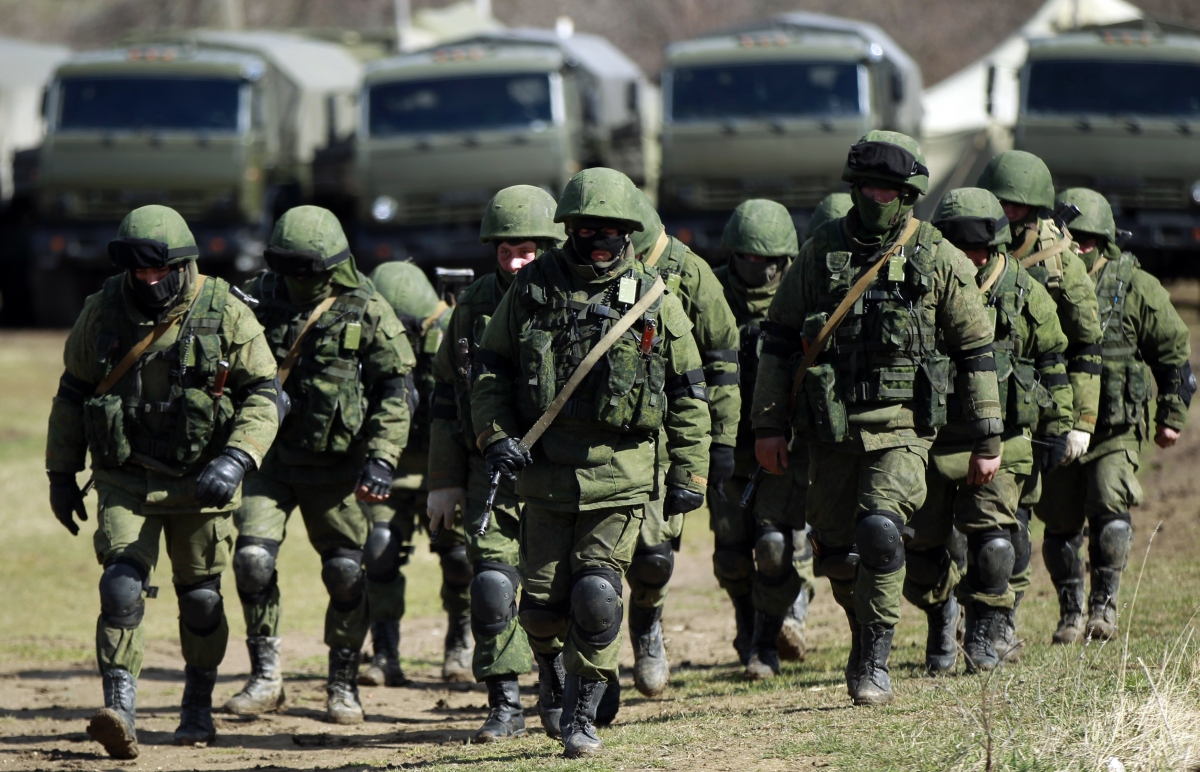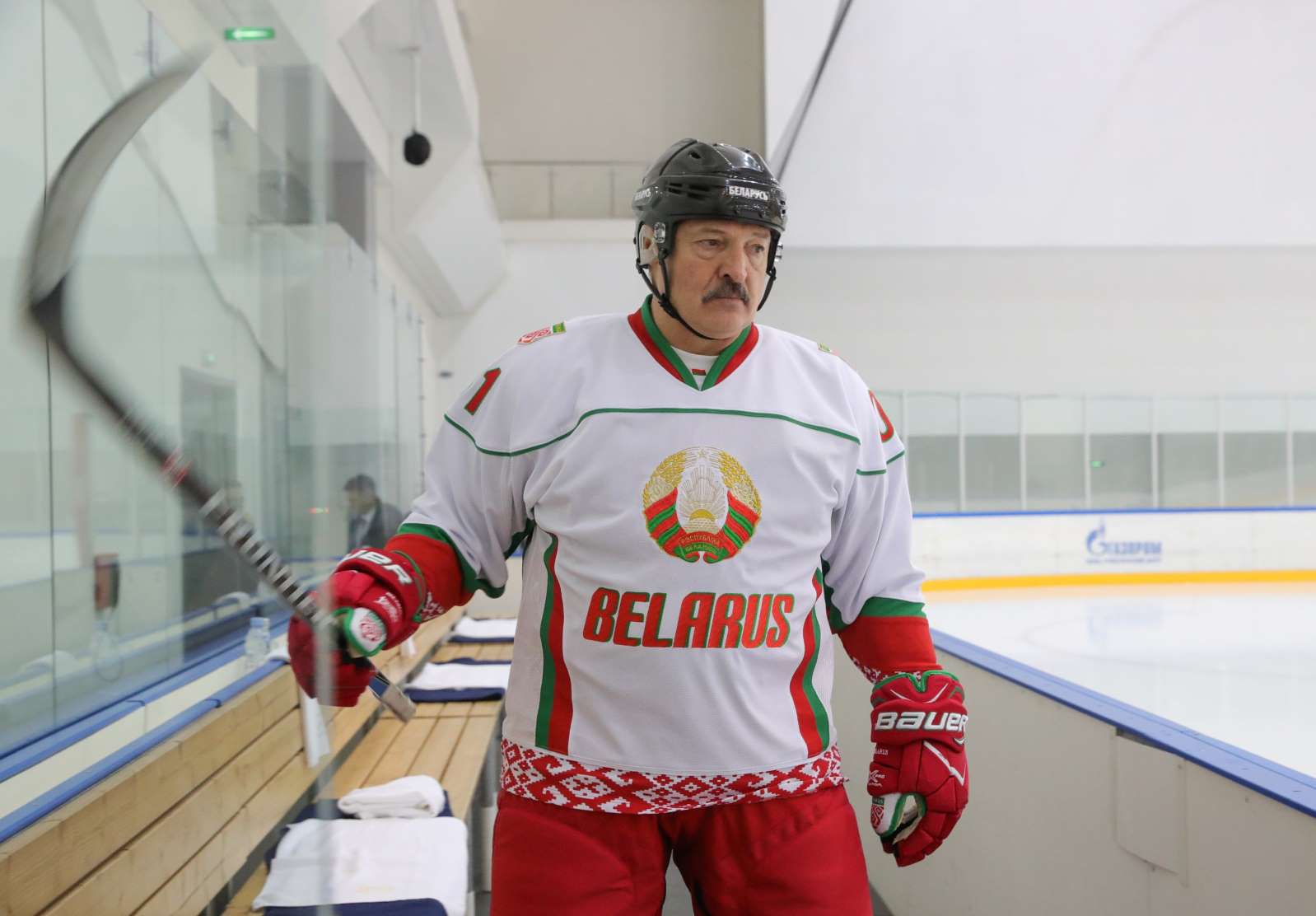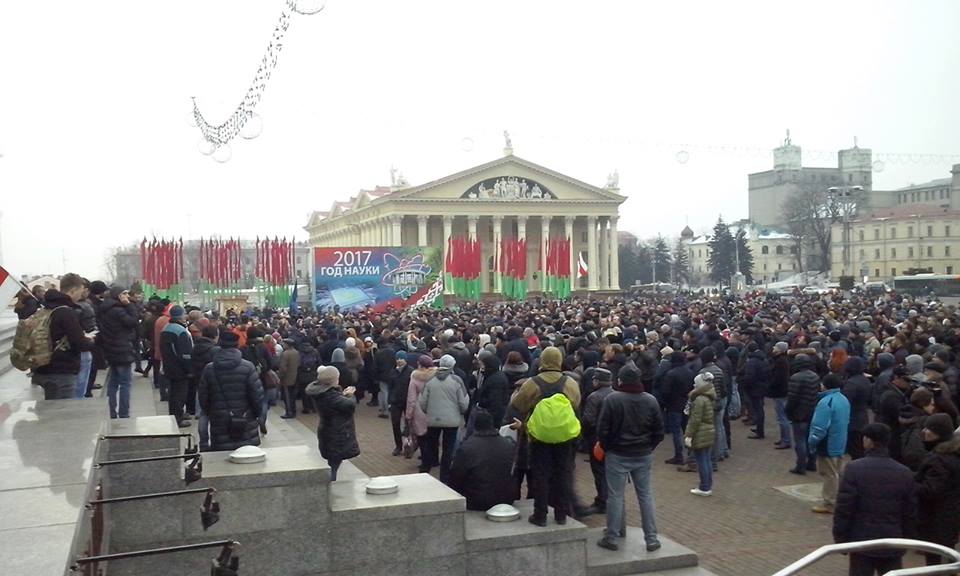Yesterday, the mayor of Brest agreed to take questions from Belarusians protesting against the vagrants tax law, a move some in Minsk may believe will help calm the situation but one that at this point represents a kind of victory for the demonstrators that will only encourage them to press their advantage.
Aleksandr Rogachuk, the chairman of the Brest city executive committee and thus effectively the mayor of that city, not only met with protesters yesterday but acknowledged that the decree was poorly drafted and clearly insulting to some Belarusians. He said it was being revised and improved.
That the mayor made such statements, however, did little or nothing to calm the demonstrators. Infuriated that their demands for the decree’s annulment have been ignored, they drowned out Rogachuk’s remarks with their shouting even though he promised he would transfer “’upwards’” their complaints.
Perhaps most significantly, the mayor said that he was ready to meet with the demonstrators in the future to listen to their complaints and see if there is a way out of the conflict between the Belarusians now in the streets and the existing regime. Had such an offer been made earlier, it might have made a big difference. Now, it appears to be too little too late.
Two articles today, one in Moscow and one in Minsk, highlight the increasing difficulties that the Lukashenka regime faces in trying to decide what it should do next.
In the first, Anton Khodasevich, the Nezavisimaya gazeta
correspondent in Belarus, says that because Lukashenka is now fighting “on three fronts,” he can’t use the tactics he has employed in the past and is thus uncertain what to do.
Khodasevich says that “in the opinion of experts, Alyaksandr Lukashenka still has not found a way to win a war all at once on three fronts – the conflict with Russia, the protests over the vagrants tax, and the defenders of Kuropaty – because his customary repressive methods toward his own people are unacceptable and blackmail toward Russia doesn’t work.”
And so he has fallen back on the usual tactic of authoritarian rulers: he is blaming unnamed outside forces for seeking to divide Belarusians and called for national unity, an appeal Minsk commentator Margarita Akulich suggests
is falling on deaf ears given his own role in dividing Belarusians.
Promoting such divisions has kept Lukashenka in power, Akulich continues; but “the time has come for the people to come together,” to recognize that Lukashenka’s economic policies won’t change until he goes. The protests show that many now recognize this, and they represent the start of process Lukashenka isn’t in a position to stop.
Even Lukashenka’s militia is beginning to waver, the commentator says. It is upset with the powers because they haven’t provided it with the funds that were promised and won’t deliver on the apartments Lukashenka said they would get. They too -- like other Belarusians -- have had enough and are saying so.
According to Akulich, “Belarusians want to live like human beings, to work, to raise children, and to live in a country that is not a dictatorship but rather a democratic one. And why shouldn’t they? They have the complete right to this. God made people equal.” Only dividers like Lukashenka have tried to make them otherwise.
Related:
- West's failure to focus on Belarus protests creating a dangerous situation, Kirillova says
- Angry Belarusian protests — ‘prototype’ for similar actions in Russia, Kalashnikov says
- Belarus now pregnant with revolution — Lukashenka losing his base in countryside
- Belarusian demonstrators against Vagrants Law now protest against Lukashenka regime
- Tax revolt in Belarus: 90% billed for Lukashenka’s vagrants tax refuse to pay
- Lukashenka fans the flames by threatening Belarusian shrine
- Putin has as much to fear in Belarusian protests as Lukashenka does, Portnikov says





